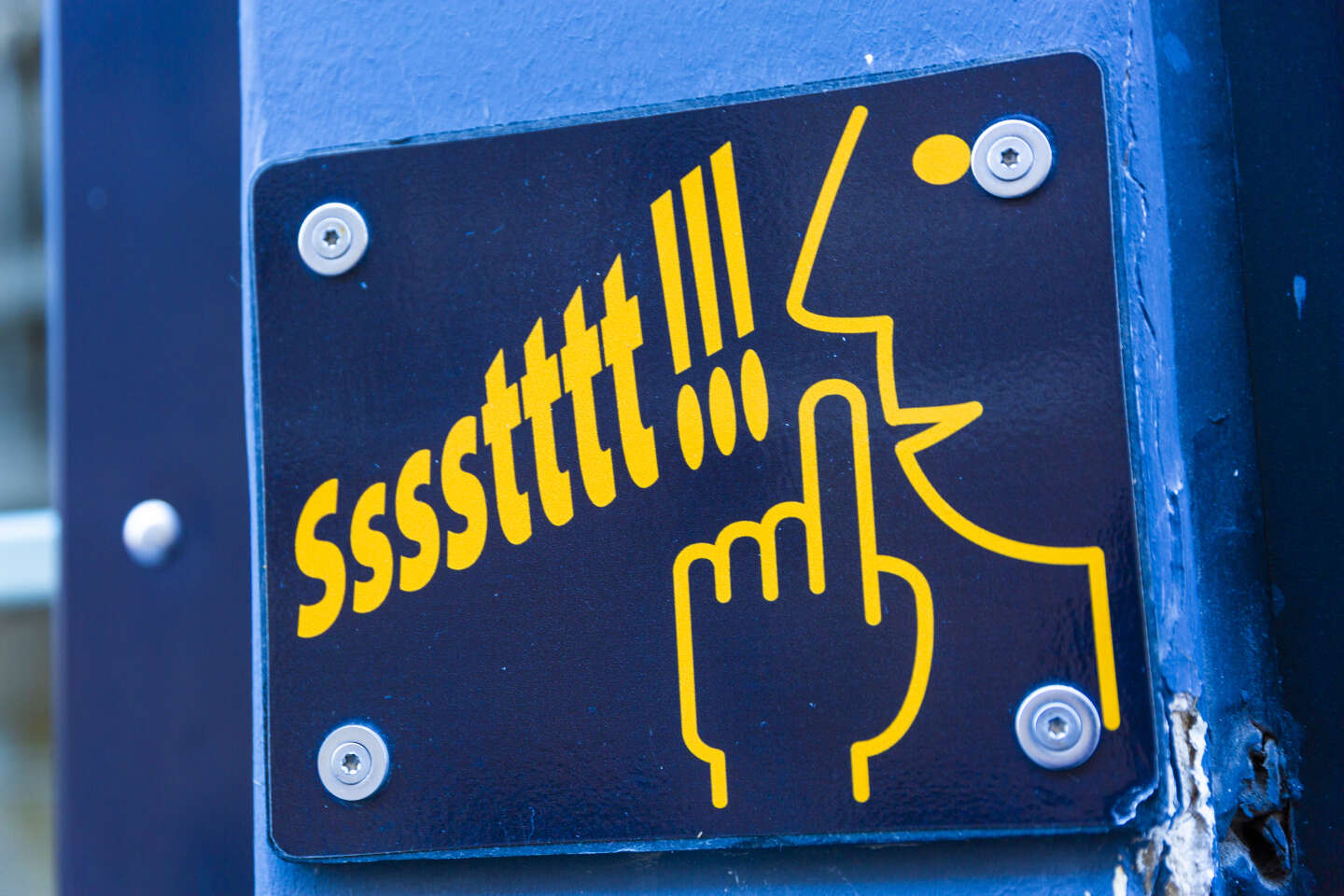LUNESCO’s Sound Week, which runs until January 28, invites us to listen to the voices of the world. However, there is one that no program will offer us to listen to. It is the voice of silence that we rediscovered during the long closure due to the pandemic, and which is returning these days with the snow.
Because snow is the very image of silence, a gentle film that envelops the world, and is revealed only because, like sounds, birdprints chisel its surface. Silence is closer to fullness than emptiness, presence than absence. It also allows us to find ourselves.
But our lifestyle is hectic and consumerist, and therefore inevitably noisy. The noise pollution we create, intangible, difficult to quantify, but now ubiquitous, except when we are incapacitated by snow, harms all living things. l’anthropophony of which we are ill-inspired composers, it poisons us as much as it corrupts the relational universes that give life to the world.
Sound present from the sea to the sky
Worse, we have entered an era torivocen, (Greek thoryvos for “noise”) this age of noise in which everything becomes lifeless. In the Paris region, 70% of residents say that outside noise bothers them while relaxing at home. There are sharp rumors everywhere about road traffic, factories and industries, construction sites and aerial ballets.
Life needs a film of silence to reveal itself, to signal, to establish a relational framework. He needs this white canvas to spread out his figures and reveal them. A 2017 study in the United States showed that in almost two-thirds of protected areas, noise caused by human activities covered the ecosystem’s baseline noise level. Such is this black sediment that settles on the world and makes it so ugly that it is no longer recognizable.
At sea, the sound marks, the only ones that draw relief in a uniform space, are leveled by the noise of the merchant marine. The sound intensity there doubles every ten years. Whales get lost there and disorientated sometimes stretch out on the beaches. Stray belugas and whales now enter the Seine estuary. Fish, whatever they are, are subjected to stress because they can no longer hear themselves: their beak clicking, teeth grinding, fin rubbing and gill blinking are lost in nothingness. The ocean is no longer heard.
You still have 40% of this article to read. The rest is reserved for subscribers.

